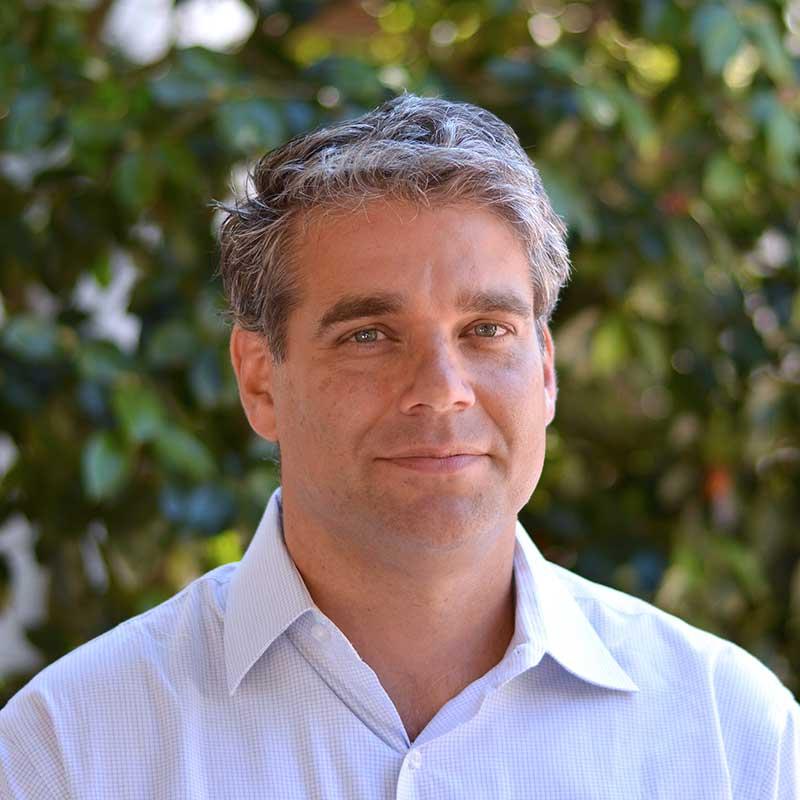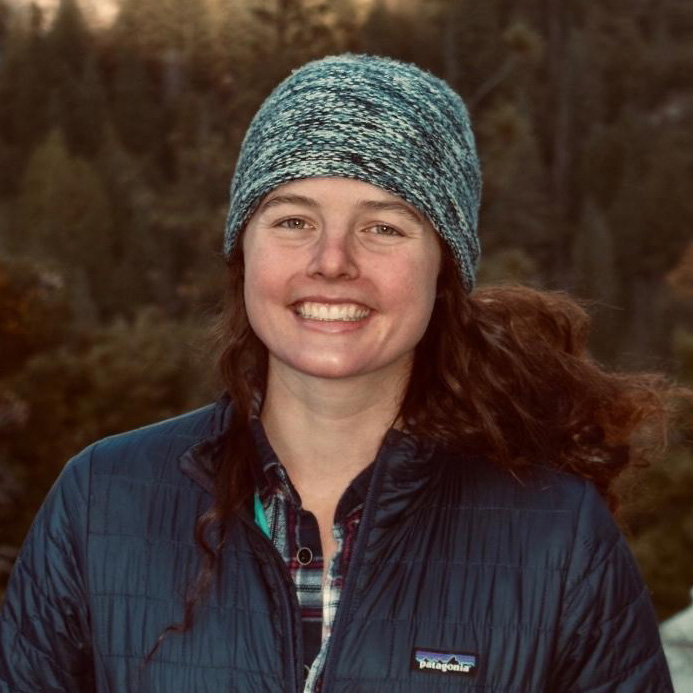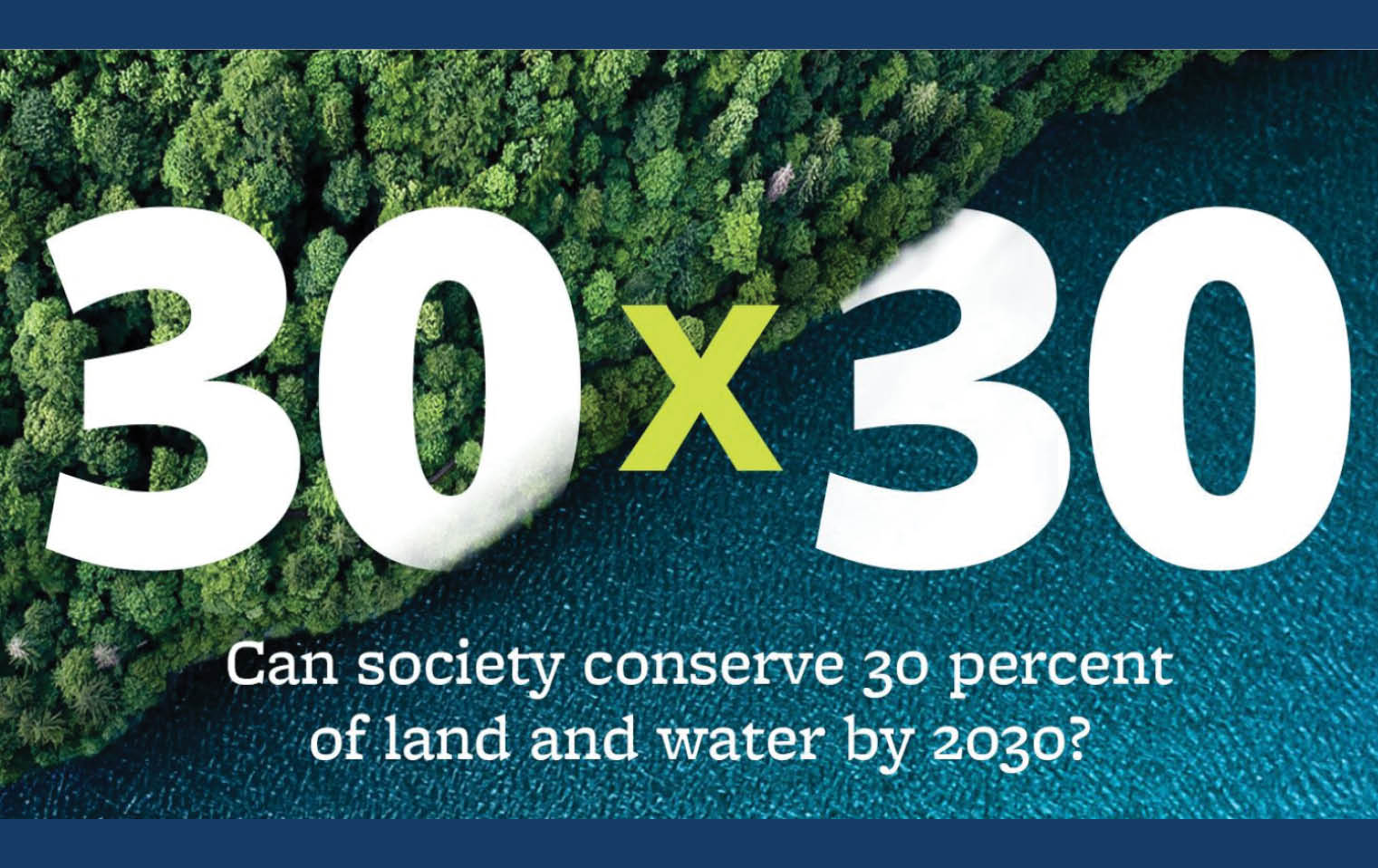The 30x30 initiative—the pledge to conserve 30 percent of the country’s land and water by 2030—could play an important role in preserving biodiversity and mitigating climate change. Many Rausser College experts feel that getting to 30 percent is feasible, but, they say, success depends on both acknowledging conservation’s history and providing a clear vision for its future. What does “conserved” mean today? Who is doing the conserving, who benefits, and who pays?
Join wildlife biologist Justin Brashares, urban ecologist Christopher Schell, and PhD candidate Millie Chapman to learn more about how they and others are working to bring this new vision of conservation to life.
This event is part of the Breakthroughs magazine virtual event series, which presents panel discussions as a deeper dive into a topic covered in each issue of the magazine. Read the fall 2021 magazine feature on 30x30 here.
Speakers:
 Justin Brashares, Professor and G.R. & W.M. Goertz Chair, Department of Environmental Science, Policy, and Management (Moderator)
Justin Brashares, Professor and G.R. & W.M. Goertz Chair, Department of Environmental Science, Policy, and Management (Moderator)
Justin Brashares' research in ESPM combines traditional ecology with interdisciplinary science to study how human activities are rapidly changing oceans, forests and savannas, and to highlight and communicate the everyday consequences of these changes for nature and society. Through these efforts, their work combines biodiversity conservation with economics, anthropology, public health, nutrition, environmental justice and journalism. His research attempts to understand how our consumption of wild animals and conversion of natural habitats affects the dynamics of animal communities and the persistence of populations. Work in Justin's group extends beyond traditional animal conservation to consider the economic, political and cultural factors that drive and, in turn, are driven by, changes in wildlife abundance and diversity. Through these efforts, his group strives to propose empirically-based, interdisciplinary strategies for biodiversity conservation.
 Millie Chapman, PhD Candidate, Department of Environmental Science, Policy, and Management
Millie Chapman, PhD Candidate, Department of Environmental Science, Policy, and Management
Millie Chapman is a PhD candidate at UC Berkeley in the department of Environmental Science, Policy, and Management (ESPM), and a fellow at the UC Berkeley Center for Society, Technology, and Policy. Her research is at the intersection of conservation science and policy, leveraging big data on both ecosystems (e.g. biodiversity metrics) and institutions (e.g. governance structures) to understand how we can better manage ecosystems in the wake of environmental change. In particular, she is interested in how we prioritize area based protection on both public and private lands while considering the institutional structures within which decisions to conserve land are made. The chapters of her dissertation span systems from farms to forests to fisheries, seeking to examine both protection and production in a rapidly changing world.
 Christopher Schell, Assistant Professor, Department of Environmental Science, Policy, and Management
Christopher Schell, Assistant Professor, Department of Environmental Science, Policy, and Management
Chris Schell studies the intersections of society, ecology, and evolution to understand how wildlife (mainly mammalian carnivores) are rapidly adapting to life in cities. The work of the Schell lab combines behavioral, physiological, and genomic approaches to demonstrate the myriad consequences of historical and contemporary inequites on organismal, population, and community-level dynamics of wildlife. In addition, the Dr. Schell and his lab leverage human dimensions and community-engaged data streams to decipher how wildlife adaptation and human perceptions create landscapes of risk that contribute to human-carnivore conflict. This interdisciplinary work requires integrating principles from the natural sciences with urban studies to address how systemic racism and oppression affect urban ecosystems, while simultaneously highlighting the need to environmental justice, civil rights, and equity as the bedrock of biological conservation and our fight against the climate crisis.
If you have any questions about this event, you can email Kassie Darling, Director of Events and Special Programs, at kdarling@berkeley.edu.


